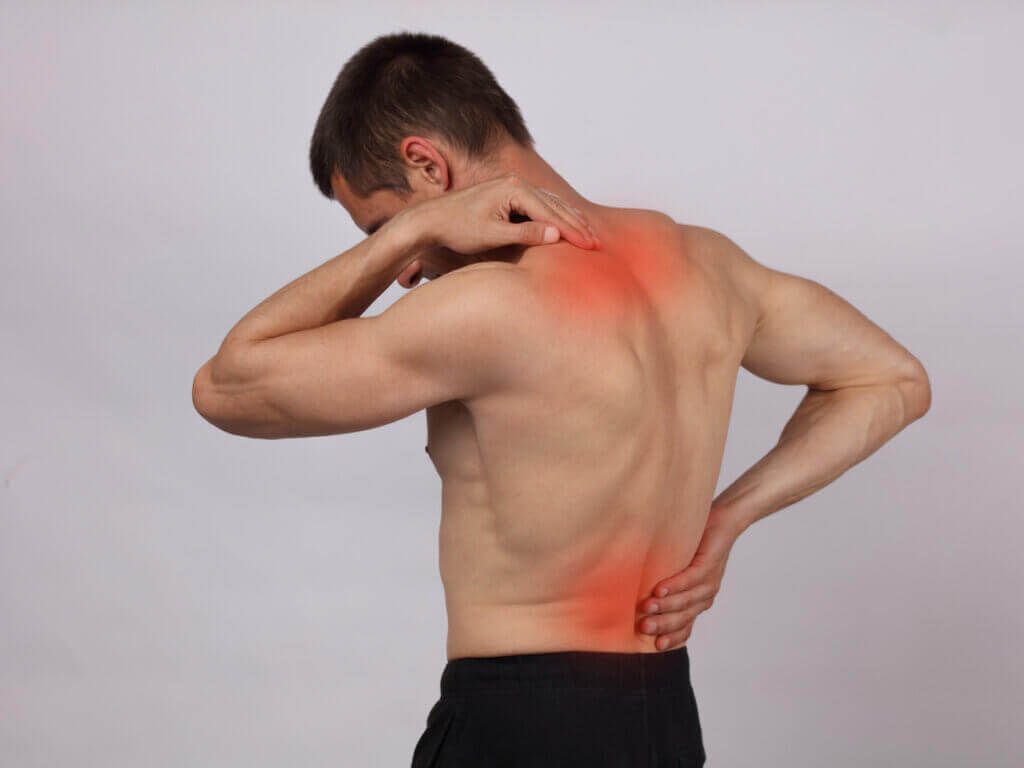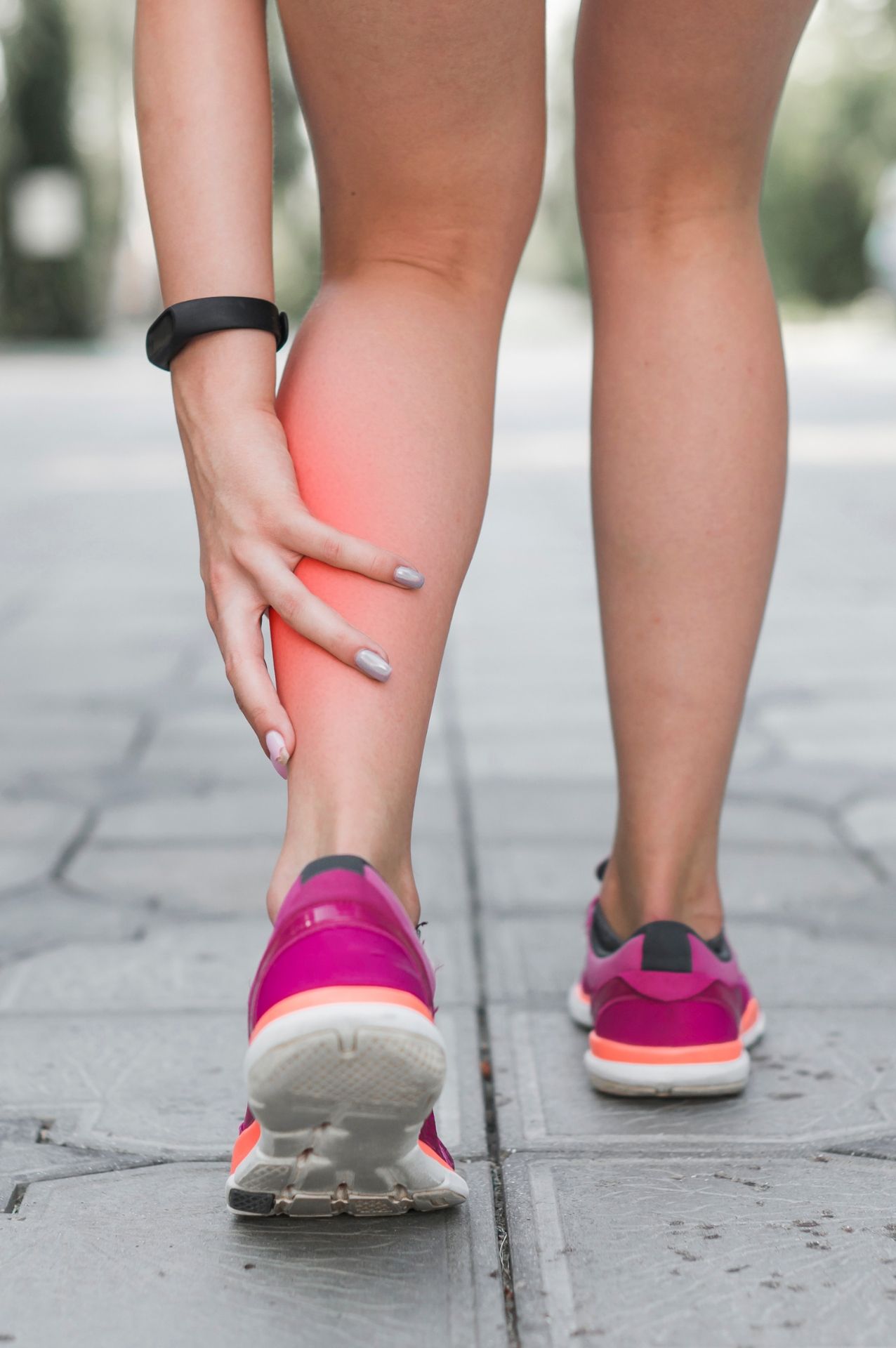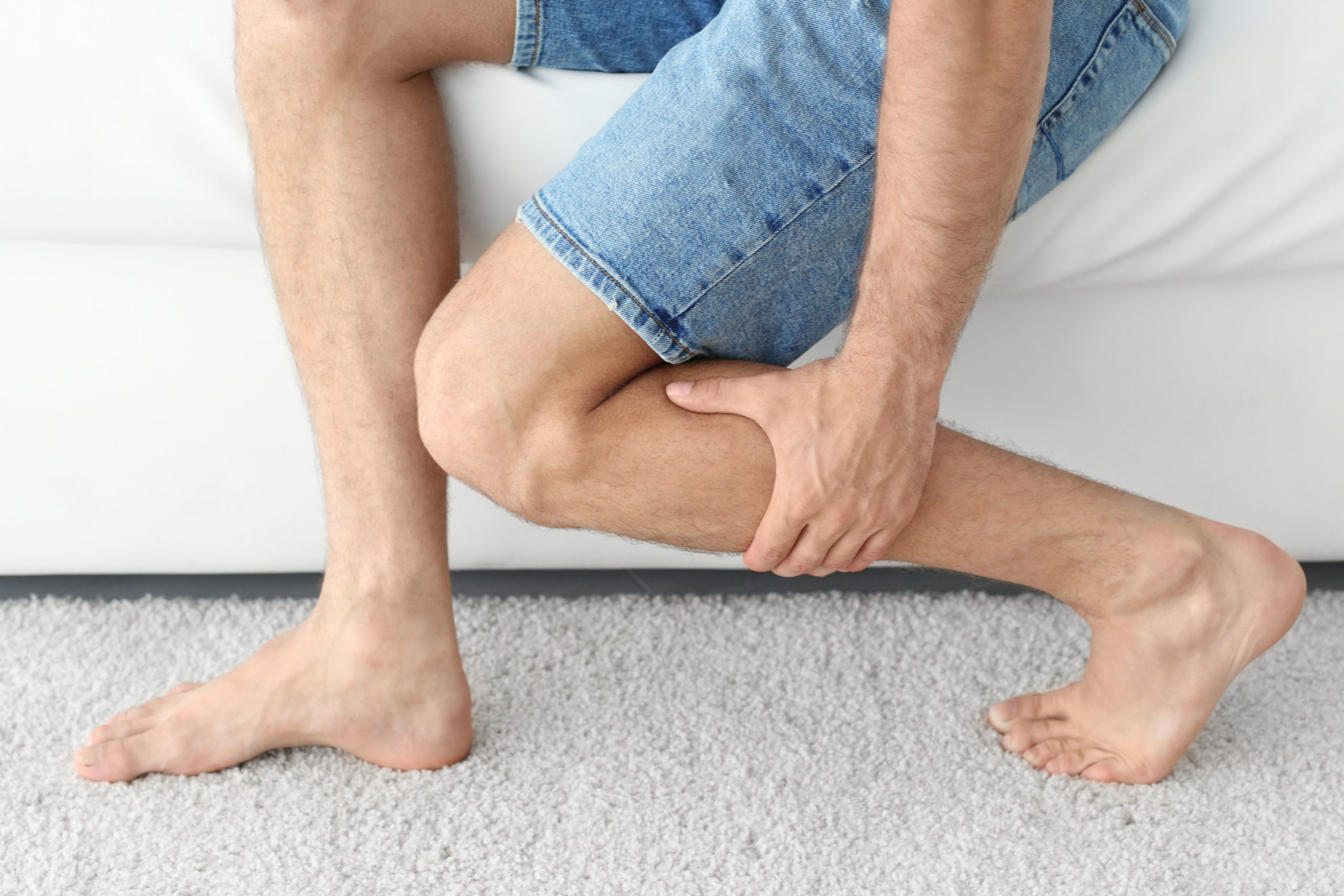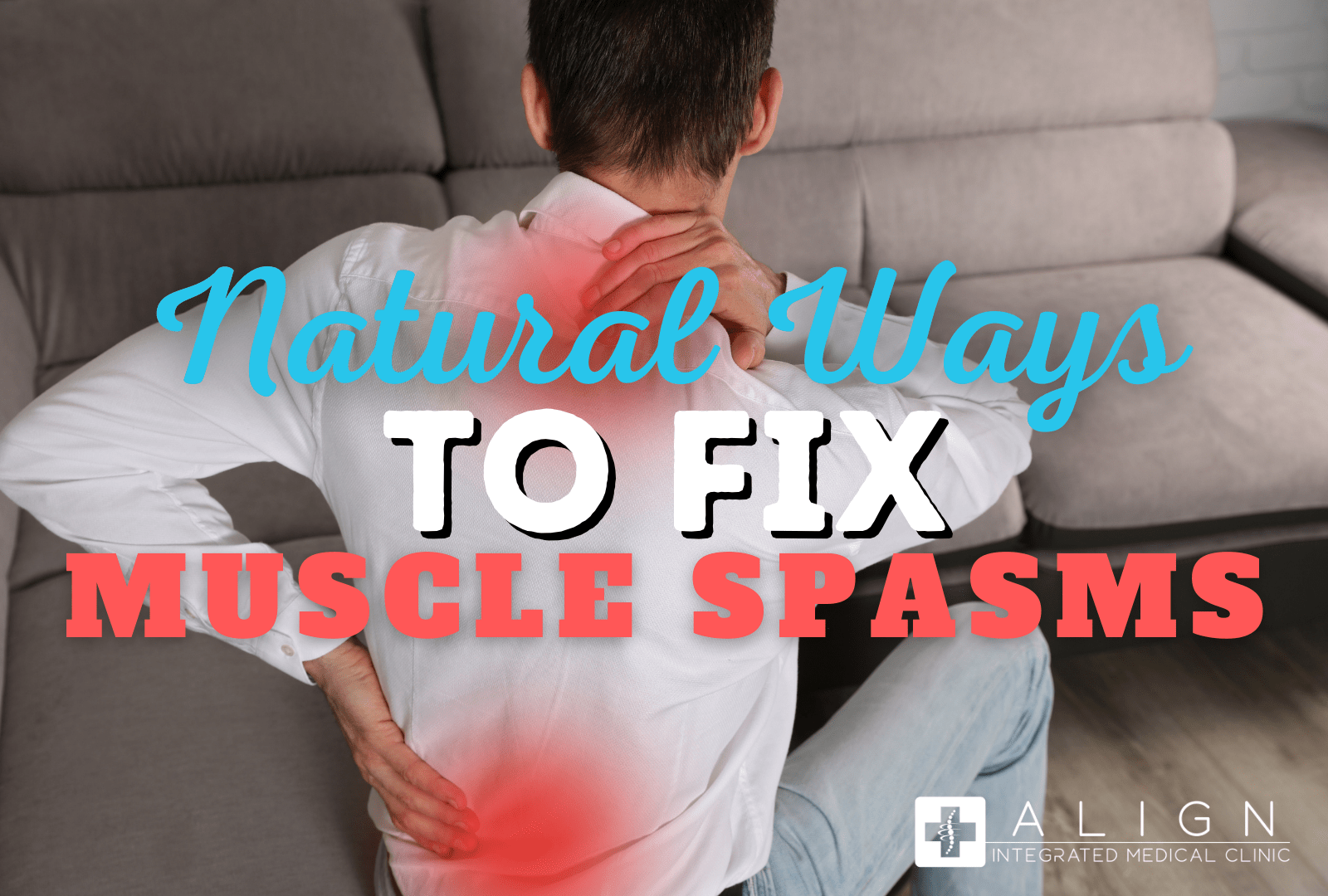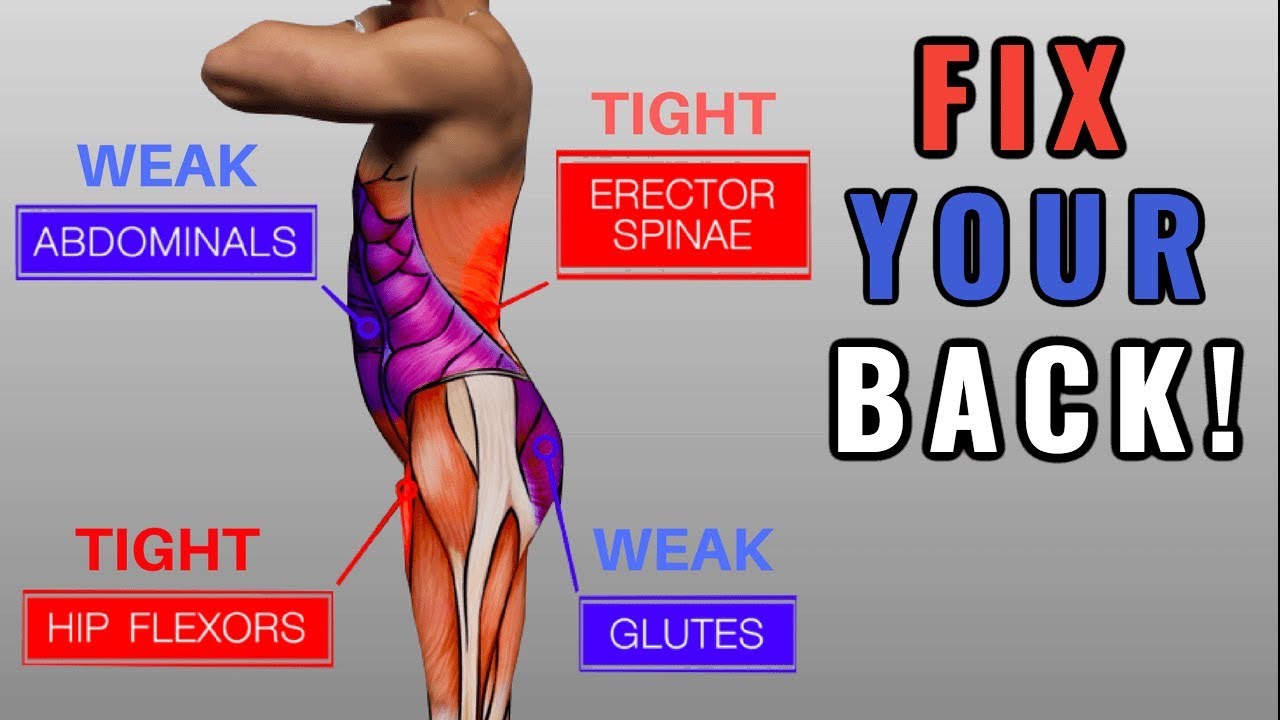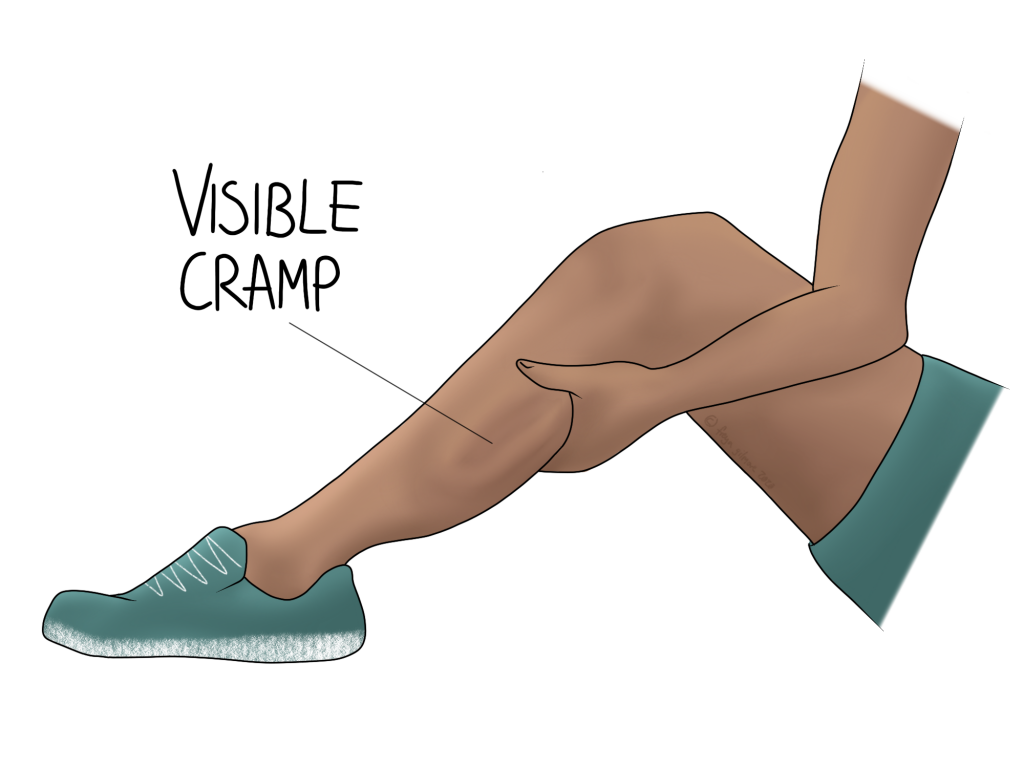Brilliant Strategies Of Info About How To Fix Muscle Spasms
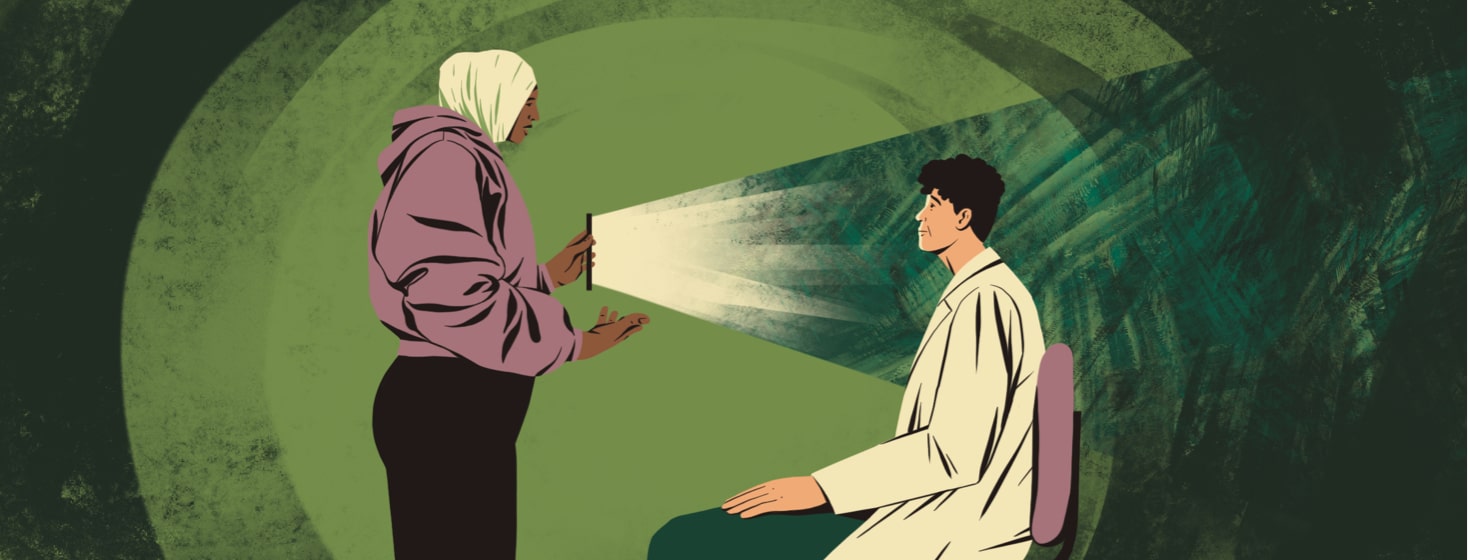
Neck spasms often accompany other symptoms like neck pain and stiffness.
How to fix muscle spasms. Massage can be a great way to relieve physical pain and muscle cramps. Muscle spasms are generally harmless, although they can make it difficult to use that muscle. Relax the twitching muscle as much as possible and use your fingers to gently push and rub circles over the center of the twitch.
The muscle spasms can range from mild to severe. Muscle relaxants, stretching and massage are most likely to help. Muscle spasms occur suddenly, usually resolve quickly, and are often painful.
When it suddenly strikes, don't exercise or tighten the muscle. When muscle spasms become chronic, the pain interferes with our quality of life, making it difficult to do everyday tasks. A muscle cramp always feels like a surprise.
Gently rub the muscle that’s in spasm. Dystonia is a movement disorder that causes the muscles to contract involuntarily. If you are prone to nighttime spasms, particularly calf spasms, tweaking how you sleep may help.
1 stop doing the activity. Target any other stiff or tender areas, too. They’re common, involuntary and unpredictable.
You can help reduce the duration and severity of cramp by gently stretching the muscle and massaging the area. Applying an ice pack to the affected area for 10 to 15 minutes for the first 24 to 72 hours following a muscle spasm can help to relieve the pain and inflammation associated with an acute muscle spasm. Physical therapy also helps correct muscle imbalances, which can cause one muscle to overwork and lead to spasms.
The contracting muscles may make moving your neck, head and shoulders. This will help release tension, provide relief from the twitching, and return range of motion. At the first sign of a spasm, stop what you are doing and try to deal with the spasm.
The exact cause is unknown, but some of the risk factors may include poor physical condition, dehydration and muscle fatigue. What are neck spasms? See your doctor if a muscle spasm causes severe discomfort, is associated with swelling, redness, or skin changes, reoccur regularly or doesn’t improve.
See your doctor if you experience regular. Muscle spasms, including the ones in your neck, are painful and unpredictable. Pain with ongoing activity.
Neck spasms happen when the muscles in your neck suddenly tighten without your control. This pain may prevent normal muscle function. Muscle spasms (muscle cramps) are painful contractions and tightening of your muscles.
